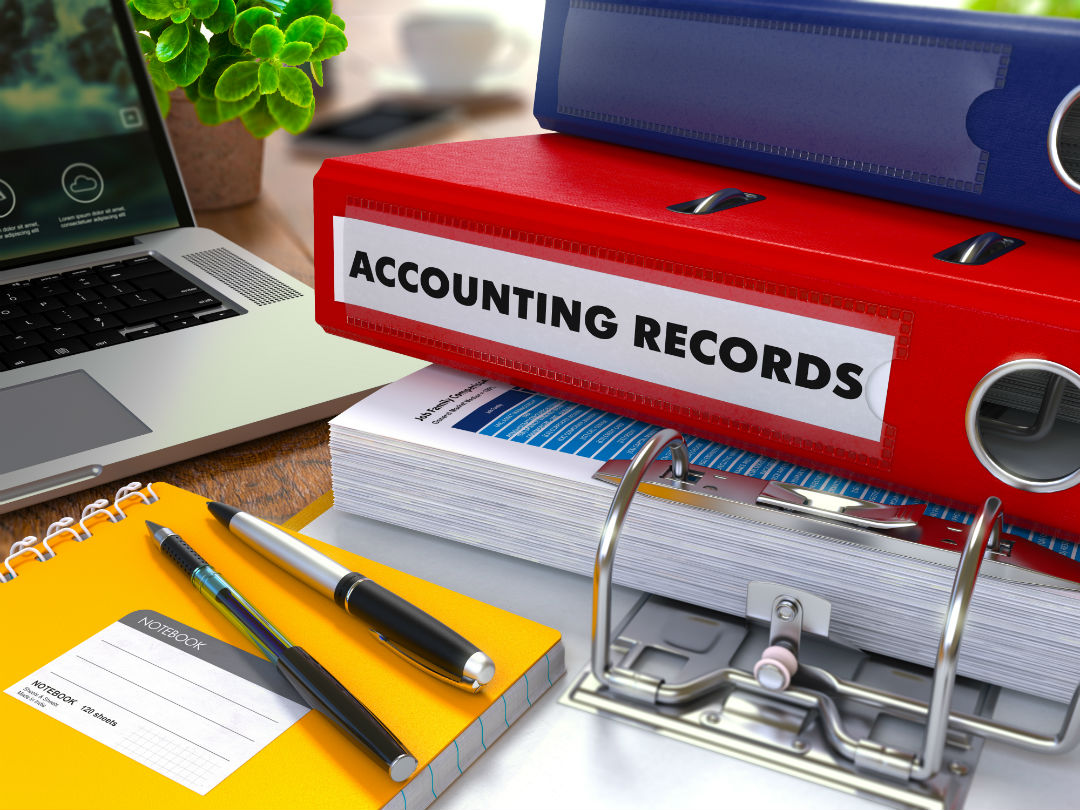Keeping good records isn't just about staying organised — it's a legal requirement for all Australian businesses. Whether you're a sole trader or running a company, the ATO expects you to maintain accurate, complete, and accessible business records for several years. Here's what you need to know.
1. Why Record Keeping Matters
Good records help you:
- Prove your income and expenses
- Substantiate GST and tax claims
- Track your business performance
- Avoid ATO penalties and interest
- Make informed financial decisions
Poor record-keeping is one of the most common reasons small businesses are audited or penalised.
2. What Records Do You Need to Keep?
✅ Income Records
- Sales invoices and receipts
- Bank statements
- PayPal or merchant summaries
- Contracts or service agreements
✅ Expense Records
- Purchase receipts and supplier invoices
- Lease agreements and utility bills
- Loan and asset purchase documentation
✅ Payroll Records (if you have employees)
- Timesheets and wage records
- PAYG withholding calculations
- Superannuation contributions
- Employment contracts
✅ Other Important Records
- BAS and tax return copies
- Asset depreciation schedules
- Business bank account transactions
- Stocktakes (for inventory-based businesses)
3. How Long Should You Keep Records?
You must generally keep records for at least 5 years after the relevant income year — or longer if:
- They relate to capital gains assets
- You're involved in a dispute or audit
- You claimed a loss that is carried forward
Digital records are acceptable, as long as they’re accurate, complete, and readable.
4. Best Practices for Staying Compliant
✅ Use Cloud Accounting Software
- Platforms like Xero, MYOB, or QuickBooks simplify record-keeping, reporting, and compliance.
- Most allow you to upload receipts and automate bank feeds.
✅ Separate Business and Personal Accounts
- Use a dedicated business bank account to avoid mixing private expenses
✅ Keep Digital Backups
- Store important records securely in the cloud or on an external hard drive
- Scan paper receipts and name files clearly
✅ Set Up a Filing System
- Organise your records by year and category (e.g. income, expenses, payroll)
- Keep notes on unusual transactions or business decisions
5. ATO Audit-Ready Tips
- Reconcile bank statements monthly
- Retain clear proof of business use (e.g. logbooks, home office diaries)
- Ensure tax invoices meet ATO standards
- Document GST codes clearly in your software
Final Tip
Good record-keeping saves time, money, and stress — especially at tax time or during an audit. It also puts you in control of your finances and helps your accountant deliver better results.
Need help setting up a compliant record-keeping system?
We can guide you through software options, setup, and habits that protect your business and keep the ATO happy. Book a free consultation today.

